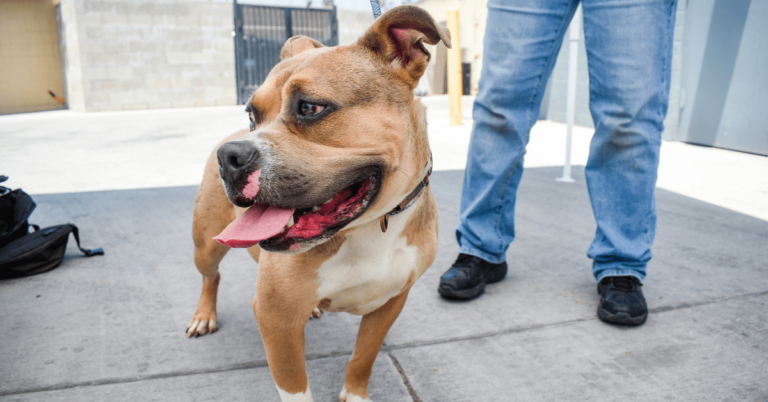Diabetes in Dogs: What you Need to Know


Diabetes causes more deaths a year than breast cancer and AIDS combined in human beings. But have you ever thought about Diabetes in dogs?
While many aspects of Diabetes remain unclear, much of the information about how the disease affects humans is applicable to dogs as well. Unfortunately, the disease is similarly prevalent in our canine companions. Like humans, dogs can be affected by either type I or type II Diabetes. Type I Diabetes also known as Canine Diabetes Mellitus, is the most common form of the disease. Canine Diabetes Mellitus will require your dog to have insulin shots to compensate for the pancreas’ inability to produce adequate insulin to keep up with glucose levels. Type II diabetes also known as Canine Diabetes Insipidus, means your dog produces adequate insulin, but the cells become less able to respond to letting glucose in. Glucose is what fuel cells rely on to give your dog energy.
If you suspect your dog has Diabetes, or any other disease, you should call your veterinarian. The following are some signs of Dog Diabetes to look for should you suspect something might be wrong. Symptoms of Early Canine Diabetes include:
- Change in Appetite
- Weight Loss
- Change in Energy Level
- Depression
- Increased Thirst
- More Frequent Urination
- Urinary Tract Infections
- Sweet Smelling Breath
- Vomiting
Symptoms of Later Canine Diabetes include:
- Cataract Formation or Blindness
- Chronic Skin Infections
- Heart, Kidney, Liver and/or Brain Disease
- Complete Loss of Appetite
- Coma
So what can we do to prevent Diabetes in dogs? It is recommended to give your dog a proper, well-balanced diet and plenty of exercise as canine obesity is known to contribute to the ability to respond normally to insulin. Sometimes Dog Diabetes is inherited. Yearly dog wellness exams can help early detection. The best course of action is to be aware of your dog’s overall health and check with a veterinarian should you suspect something is wrong. They will conduct tests including a physical examination, blood work and a urinalysis to advise you on next steps. Diabetes left untreated may lead to coma or death, so call your vet as soon as possible!



